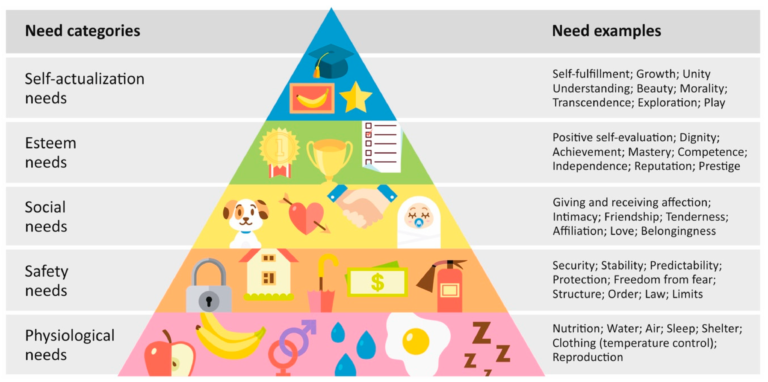- What industry do you work in and what is your role?
- What are your responses in your role / position?
- Can you describe to the function of your workplace / company?
- How many departments, how many offices. National or International?
- What are the minimum requirements for employment ie Education or Experience?
- How many opportunities are there to ‘move up the ladder’?
- What is the process for changing job roles ie Interview? Test?
- Current projects? Deadlines? Opportunities?
- Anything of interest happening?
1.
You’ve likely heard people, especially in the entrepreneurial world, describe themselves as “perfectionists” with a hint of pride. For some, this word signifies hard work and dedication, but it’s likely not as favorable of a characteristic they’d like to believe. A recent study by psychology researchers found that colleagues rated perfectionistic coworkers lower than others in terms of social skills and attraction.
2.
Beyond bothering coworkers, perfectionism can also stall progress and inhibit our intuitive thinking, killing innovation and dampening enthusiasm overall. Still it’s part and parcel of the entrepreneurial mindset for many founders, and I used to be one of those people. Years ago I wanted to launch the mother of all nightlife apps.
3.
I wanted the app to do everything from allowing users to run background checks on people they meet to making purchases at the bar. I spent nearly two years trying to perfect so many different functions and get the app off the ground to no avail. It was too complex to actually be useful, and it was far from flawless.

How would you characterize “perfectionism”? What examples can you provide?
4.
Of course, the result was predictable. I became frustrated, the app went nowhere and 24 months flew by with little to show for them. If I hadn’t had seasoned advisers around to redirect my efforts to launch a more focused app (which turned into our current company), I might still be mired in failure.
A retrospective on perfectionism gone awry
5.
Where did I go wrong? The same place other perfectionist entrepreneurs go wrong: I forgot that perfection doesn’t exist. The closest you can really get is a product that consumers believe has value. In their eyes, the product is “perfect enough.” Maybe if I had validated my concept early by introducing a stripped-down version to the public, I might have had success. However, I just couldn’t do that because I was caught up in the perfectionist struggle.
6.
There’s a bright side to all this talk about perfectionism, though: Anyone can overcome it. For me, perfectionist thinking went by the wayside with our first child when I received a wonderful wake-up call that life doesn’t fall in a straight line, even if you’ve planned it out well in advance.

What are some consequences of seeking perfectionism in the workplace and in life?
7.
1. Live in the moment
Find peace and happiness in the current moment instead of thinking it’s always around the corner. The book The Power of Now has been instrumental in helping me understand and practice this idea in my life, and I recommend it for any entrepreneur who struggles with perfectionism.
8.
2. Actively seek ways to achieve balance
If all you’re doing is working, you’re feeding your inner perfectionist. It’s only going to get worse unless you pull away from time to time. Consequently, you’ll want to do things regularly to ease and center your mind. For me, exercising for two hours daily helps to reset my brain and give me the focus and energy I need to move forward. I feel more in control, but without the frantic desire to put everything into a perfect place.






